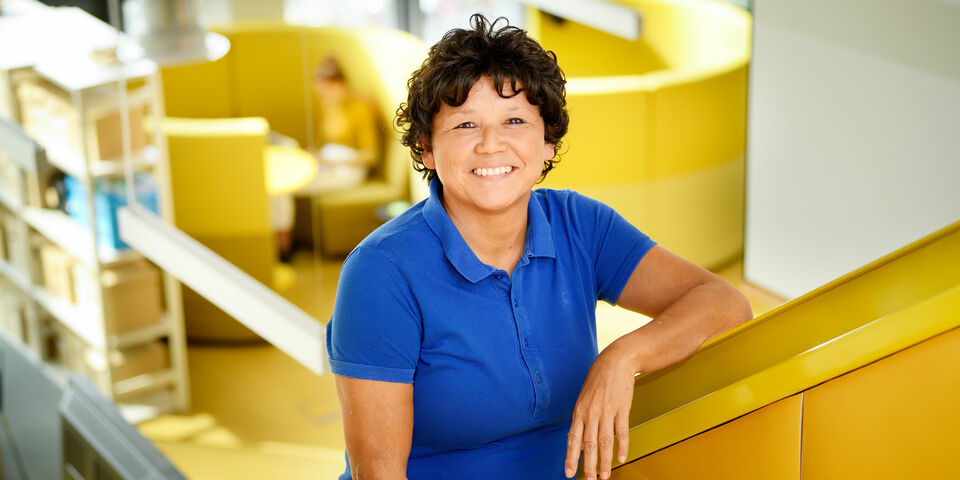Social cost-benefit analysis
The consequences of Covid-19 are still something we are dealing with in our daily lives. All talk of going back to ‘normal’ has ceased because we no longer know what that is. I'd really rather not write about it anymore either, but then again it's still occupying my thoughts.
In fact, all kinds of thoughts are flashing through my mind now that I've unexpectedly found I'm welcome back in Atlas. As an academic advisor I'm part of the primary process! This wasn't communicated to me and my fellow academic advisors in the various lockdown periods. But now it has been.
You would think that I'd be rushing to pack my bag, ready to go to TU/e the very next day. But no, I was struck by doubt. ‘So when shall I go to Eindhoven?’ and ‘If my meetings are still online, is it actually worth going?’ ‘But talking to students in person is so much more enjoyable!’ and ‘My colleagues won't all be there, so that means I'll be sitting in the open-plan office in Atlas video calling them!’
What is happening to me? I have landed in a cost-benefit analysis, even though not so long ago I found it perfectly normal to travel into Eindhoven by train every day. Have I started looking for the easy option? Or simply become lazy? But I can't help thinking I'm not the only person now weighing up the benefits of being present in the workplace against travel time and the like.
To escape this thought bombardment I did an exercise that I sometimes do with my students when they are hesitating between two choices. In their case, it's often about choosing a master's. I take two chairs and say that one chair stands for choice A and the other for choice B. Then the student sits on the first chair. I ask all kinds of questions about this choice. The student talks at length about what makes this particular choice so important to them and what feelings it brings up. We follow the same procedure with the second choice, on the second chair. Finally, we discuss whether the important points from choice A can be added to choice B, and vice versa.
This game of musical chairs might sound more complicated than it is, but the effect on the student is often considerable and it triggers insight.
That's all good, but what about me? Sitting on the ‘Atlas chair’, I see myself having conversations in a way I really like, with students and colleagues. I feel happier and more energetic when I have this kind of contact with people. This is all about enjoying my work. On the ‘working from home chair’ I feel I enjoy these conversations a bit less but, on the other hand, I can work efficiently. Eventually, I decide that for the time being I'm going to work two days a week at TU/e; for me, enjoying my work is the deciding factor. When I can't see students 'live' because meetings are online, I will work from home.
I'll be getting back to my office life in Atlas starting February 10th. That feels good. So, by way of this column, here's a call to my ID bachelor's students: 'Book an on-campus meeting with me if you think I can support you in any way at all. Come along even if you don't need to play musical chairs!'


Discussion